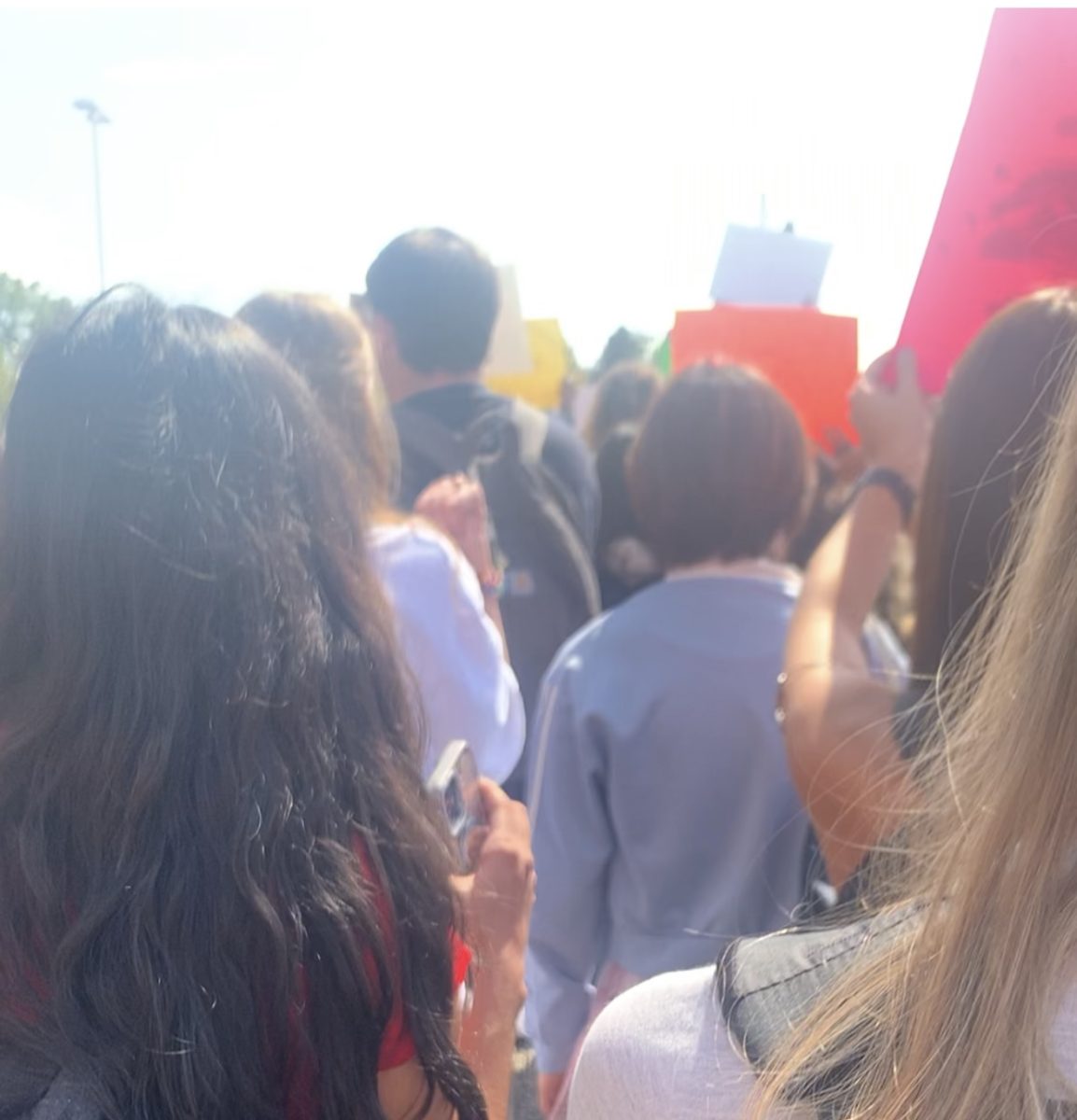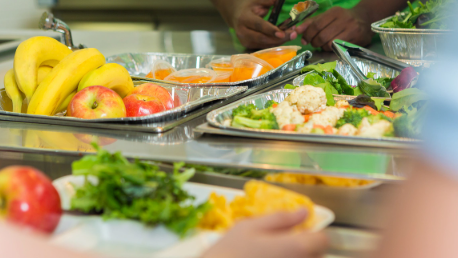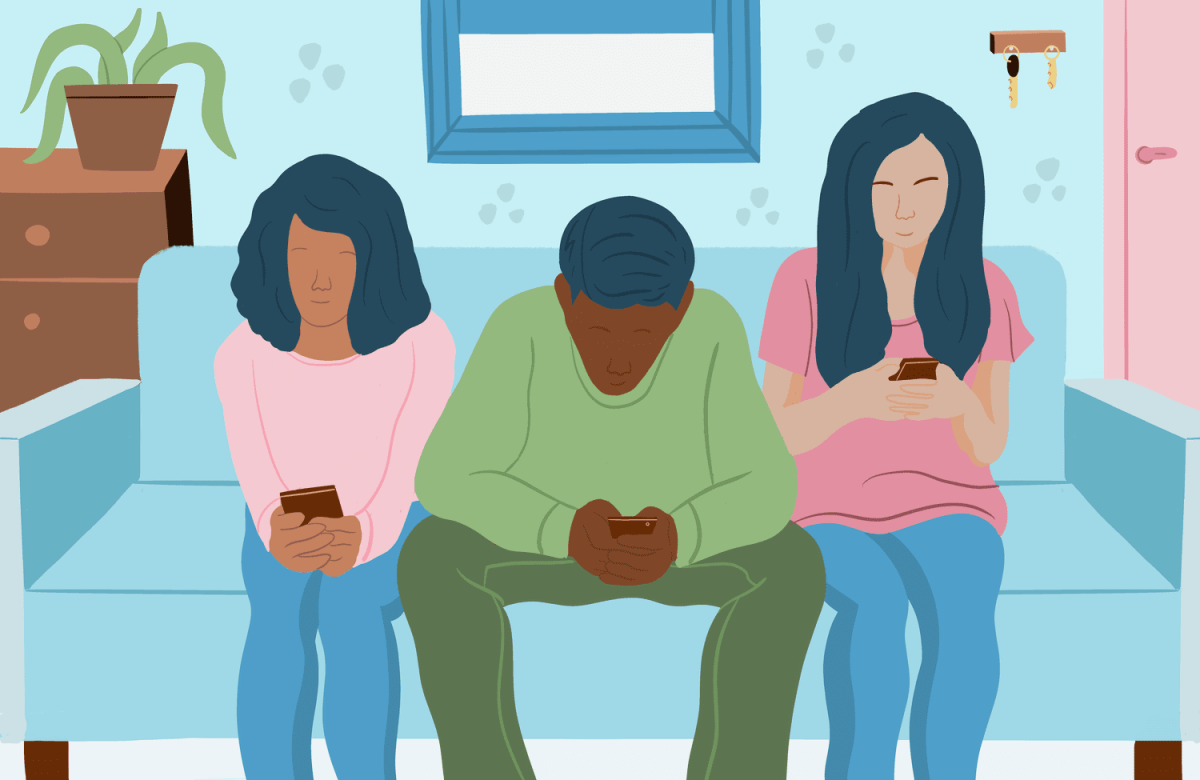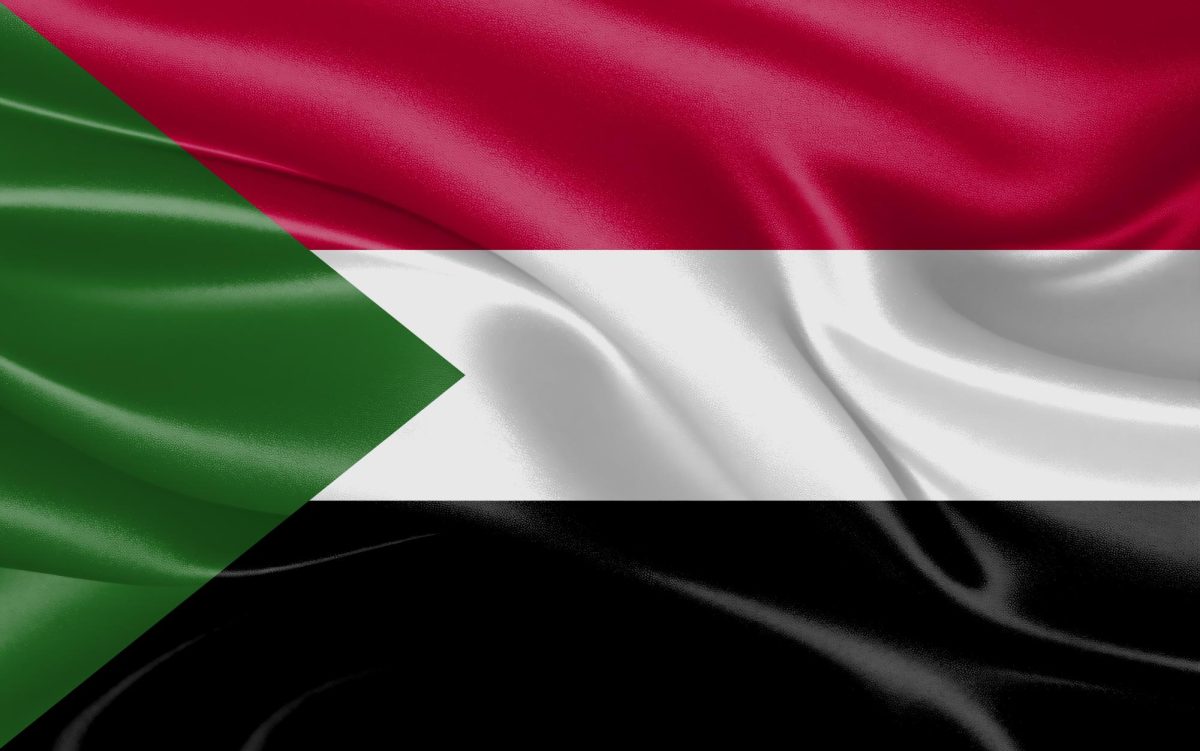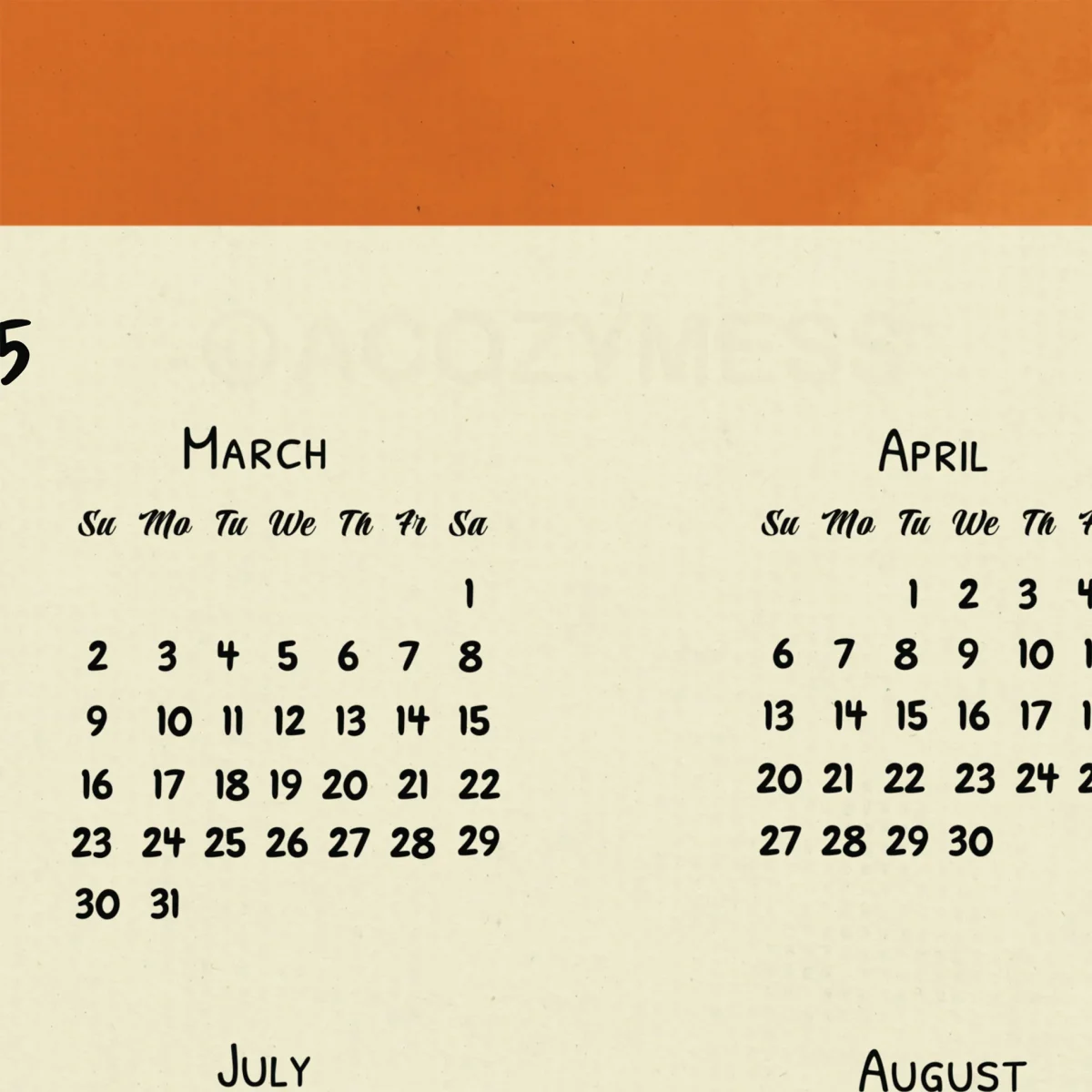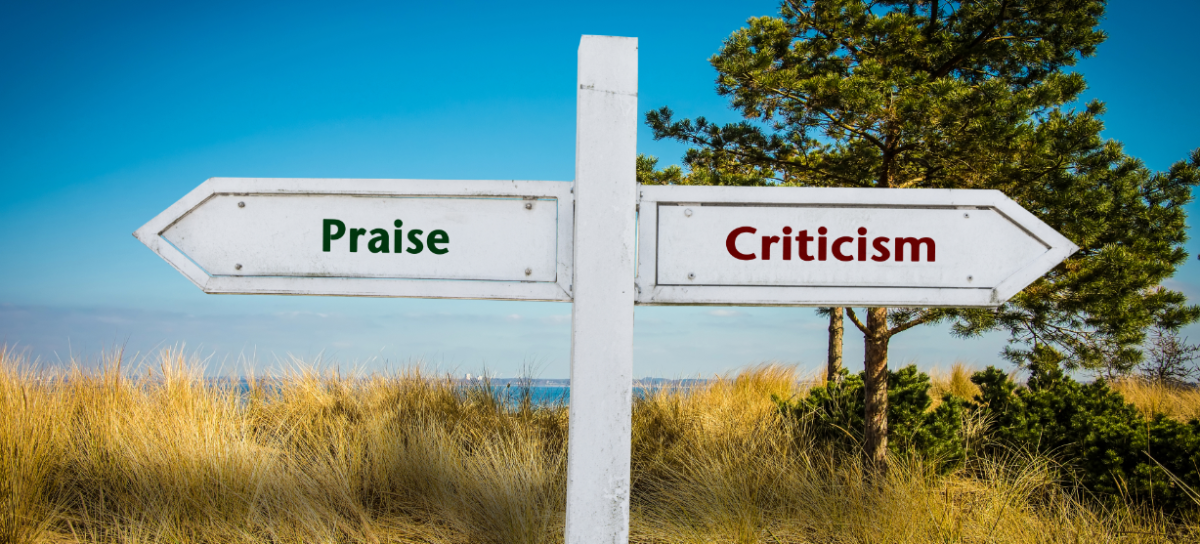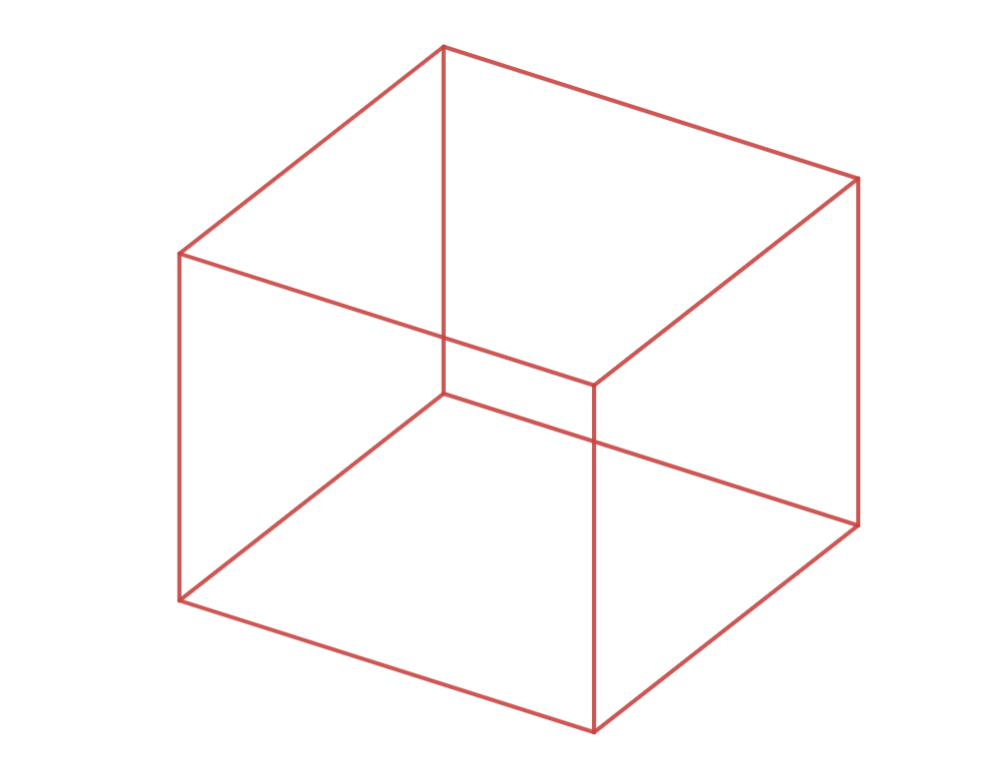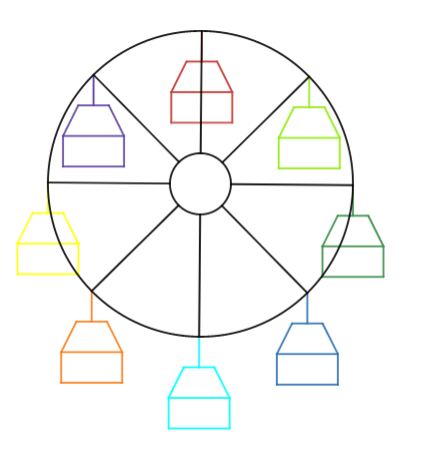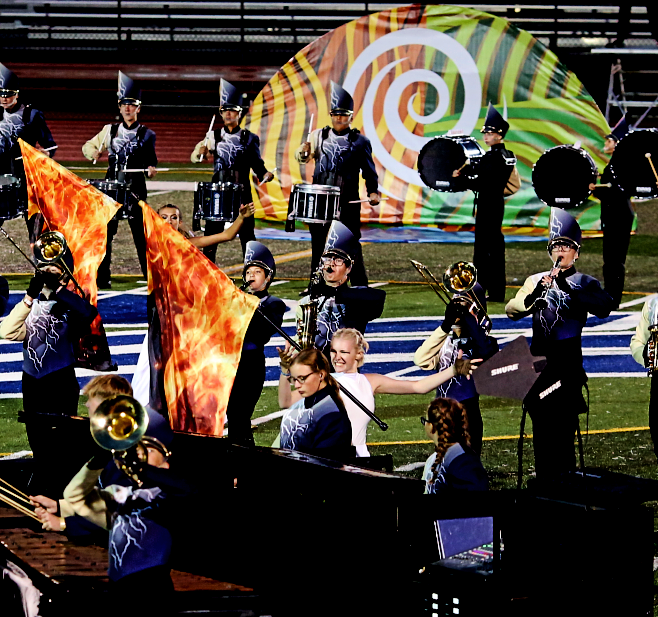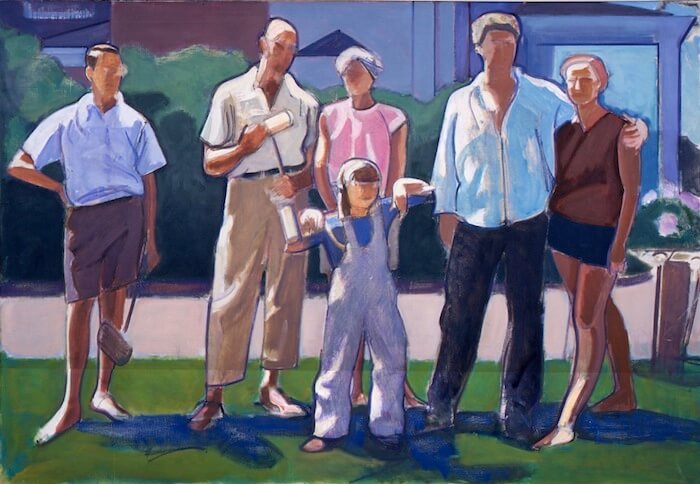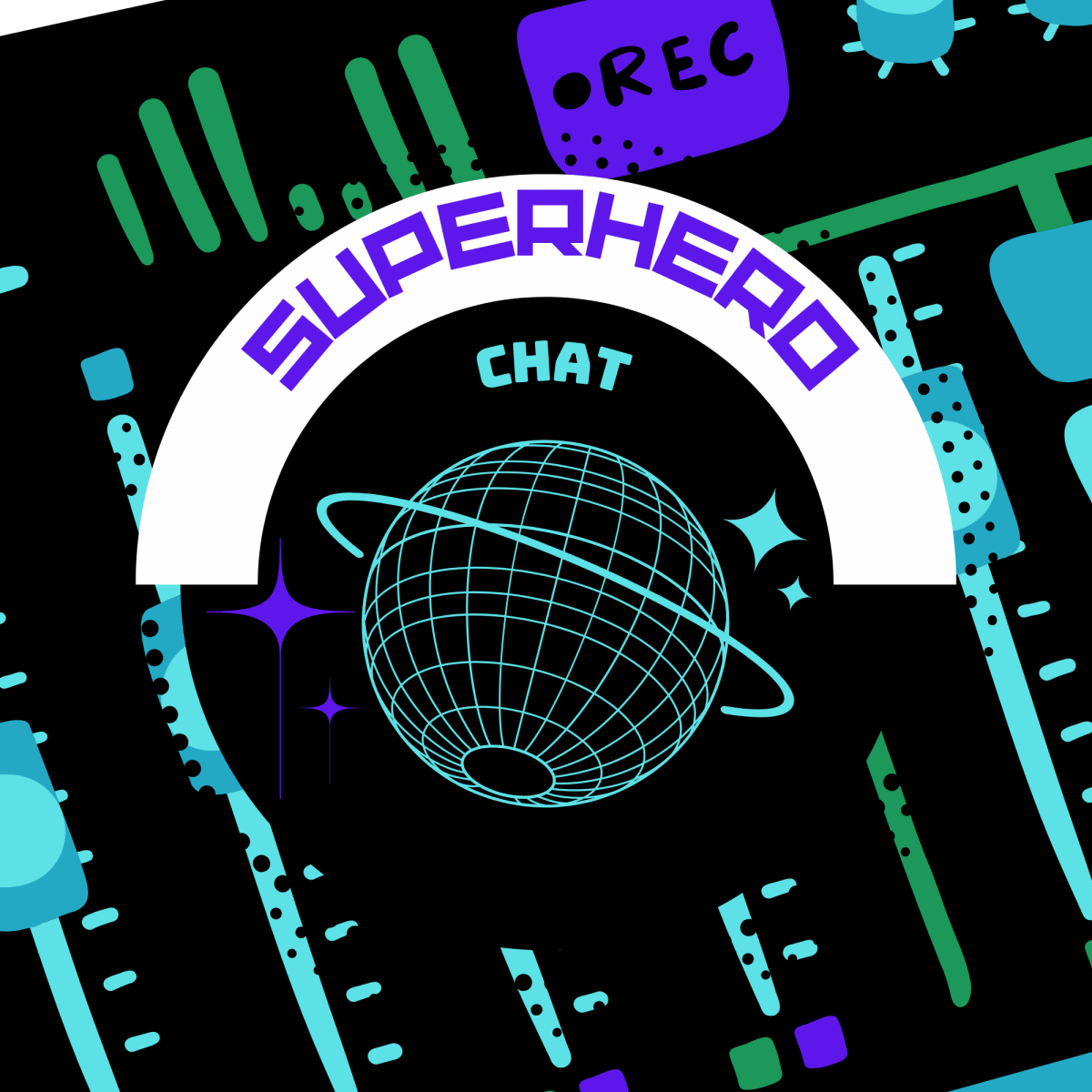Many people across the globe cannot name or locate the majority of the 54 countries in Africa, so it is reasonable to assume many of you never thought about Sudan, if you even knew it was a country. Africa has a very complicated history; following the Scramble for Africa, almost all African territory/land was taken over by western powers (excluding Ethiopia and Liberia). The decolonization of Africa mainly occurred after the devastation of World War II, leaving African nations to figure out how to function as their own country, often without being given the proper resources to do so.
For decades, Sudan has had internal conflict. In 2011, South Sudan succeeded from Sudan, making it the youngest country in the world as of 2025. Since it gained sovereignty in 1956, 20 military coups have occurred in Sudan – more than any other African nation. Now entering the third year of this war these devastating effects are getting worse, and are often not talked about. Two main Sudanese military groups are heavily involved in this war: the Sudanese Armed Forces (SAF) and the Rapid Support Forces (RSF).
The SAF is the official military force in Sudan. In the majority of the aforementioned military coups, the SAF has played a dominant role through direct rule or heavy influence on government officials. The SAF is more nationalist and conservative in their values; they view groups like the RSF (which is not government controlled) as rebels. As self-proclaimed protectors of Sudan, they strongly oppose any threats to the Sudanese government such as privatization or decentralization of power. They believe in a strong central government with power over the economy, public institutions, and all armed forces. Under SAF rule, democratic reforms have been delayed or entirely obstructed. They like to keep their top-down, military-controlled transitions, which either keep them in power or help shield them from responsibility regarding recent or prior regimes, and their resistance against civilian oversight. Being originally founded in very conservative and extreme Islamic values, the SAF have become less extreme in their views regarding religion. In 2019, the group tried to distance itself from Islamic extremists like the National Congress Party (NCP) and aimed to gain more universal support. They have also painted themselves as a “lesser evil” compared to the RSF to maintain some amount of legitimacy. Regardless,the SAF has committed many crimes against humanity, and thus do not want to be held accountable.
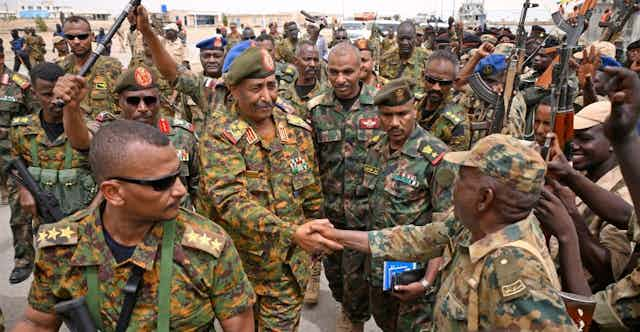
The RSF is a paramilitary group, which sprouted from the Janjaweed militias from the Darfur conflict in the early 2000s. Founded in 2013 by Omar al-Bashir in an effort to suppress rebellions and opposition and now led by Mohamed Hamdan Dagalo, the RSF has grown into a powerful independent group with plenty of money, fighters, and weapons. The RSF opposes the SAF’s views, as they want a decentralized government and more democratic policies. This may sound like an improvement from Sudan’s current authoritarian regime, but they are equally as violent and willing to allow the harm and even death of their citizens. They thrive in weak structures such as Darfur and Kordofan where they have more power. Similar to how our current president wants to distribute power back to the states, the RSF wants to have sections of Sudan, which all have different leaders with immense political power. However, our current president isn’t actively committing a myriad of war crimes, which both the SAF and RSF are doing, with the RSF being more violent.

Incredibly violent and filled with war crimes, this conflict is incredibly complicated since there is no “good” or “bad” side. More conservative counts say that somewhere over 28,700 people have been killed, including more than 7,500 civilians; however, other data shows the death toll could be higher, ranging from over 150,000 to more than 200,000 deaths. The higher numbers represent those killed directly, and those who’ve died as a result of wartime conditions (hunger and disease).
Right now (April 2025), more than half of Sudan’s population – around 25.6 million people – are currently facing acute food insecurity. Famine has been officially declared in 10 places across Sudan. Even refugees outside of Sudan are facing starvation; bordering countries like Chad, Uganda, South Sudan, Egypt and Ethiopia are struggling to feed them. For example, Uganda is only able to give 30-60% of a “standard” ration, depending on the person’s vulnerability. Around 65% of Sudanese refugee households receiving assistance from the World Food Programme (WFP) are food insecure. One in three Sudanese children face acute malnutrition, where the threshold of famine conditions is only 20%.
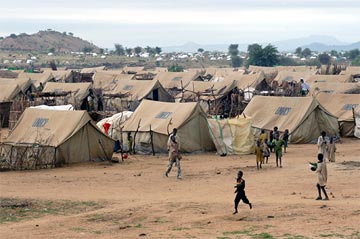
Over the past three years, the UN has secured 7.5 billion towards relief efforts and USAID contributed almost 1 billion. At the behest of the current administration, USAID faced extreme cuts and led to the shut-down of over 80% of the community kitchens in Sudan, further exacerbating famine conditions.
Though stemming from internal power struggles, outside countries have had such a large effect on the conflict that a proxy war is coming out of the struggles. A proxy war is a war fought by powers outside of the physical location of war. The SAF has long been supported by Egypt through military support, but more recently Iran’s support for the SAF has emerged. In December 2023, Iran began supplying combat drones to the SAF. For the RSF, the United Arab Emirates (UAE) is their main source of funding and Russia (specifically though the Wagner Group) is their major military support. Both have also been sending weapons to the RSF. Chad has also been implicated in the RSF’s recruitment; many RSF fighters are Rizeigat Arabs who have ethnic connections to Chad, Niger, and the Central African Republic.
Why are these countries backing this war? Political and economic motives vary from country to country. The UAE would like to expand their influence into the Horn of Africa, and the natural resources (mainly gold) of Sudan. Russia has similar ambitions, they have traded mass amounts of weapons and ammunition to the RSF in exchange for gold. Egypt supports the SAF because they fear the RSF will de-stabilize the Sudanese government and want to maintain their influence over the Nile and Sudanese politics. Iran aims to gain a foothold in the Red Sea, access African trade, and counter UAE/Saudi influence.
In conflicts like this, we often forget or overlook the most important thing: the safety and livelihood of civilians. Millions of Sudanese people and children are hungry or starving. This is not a question of who should win the war, but of the safety and happiness of all Sudanese civilians. Millions are trying to live their lives, and millions are unable to live in peace. I will link multiple charities helping the people in Sudan, please donate what you can if you can. These people could really use our help. I’ve left a lot out about this conflict, see articles linked below to learn more.
Charities
International Rescue Committee
Resources
Sudan Crisis – What you need to know
Famine and atrocities mount as Sudan’s civil war enters its third year

